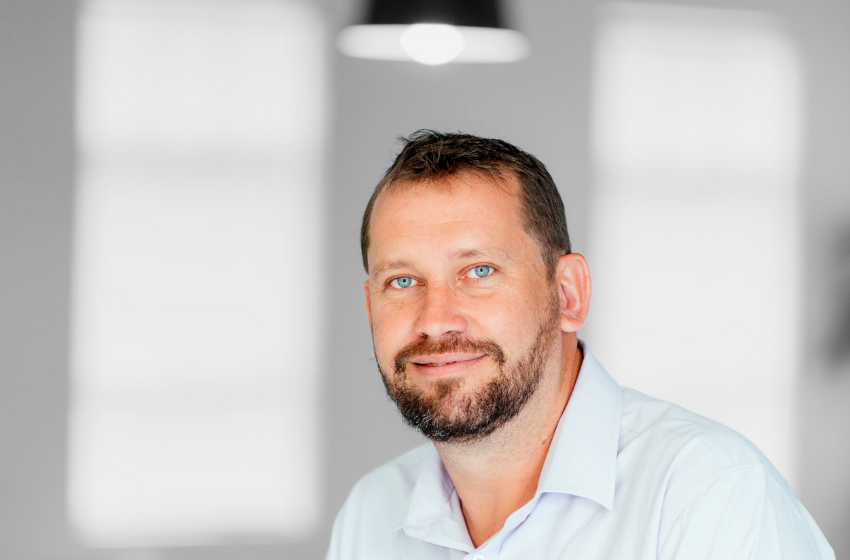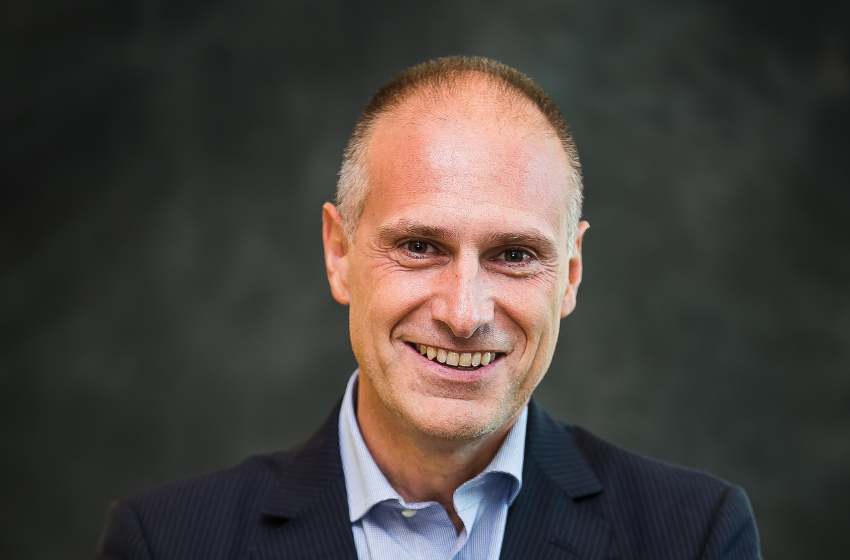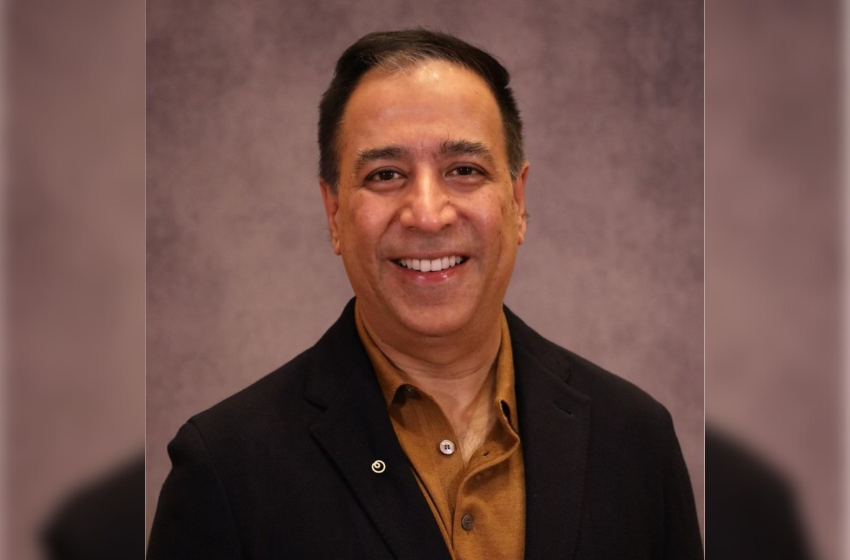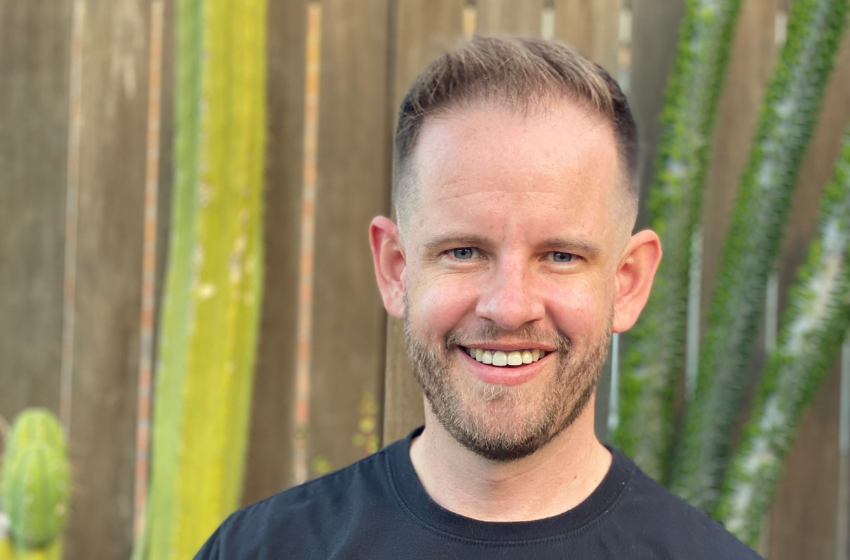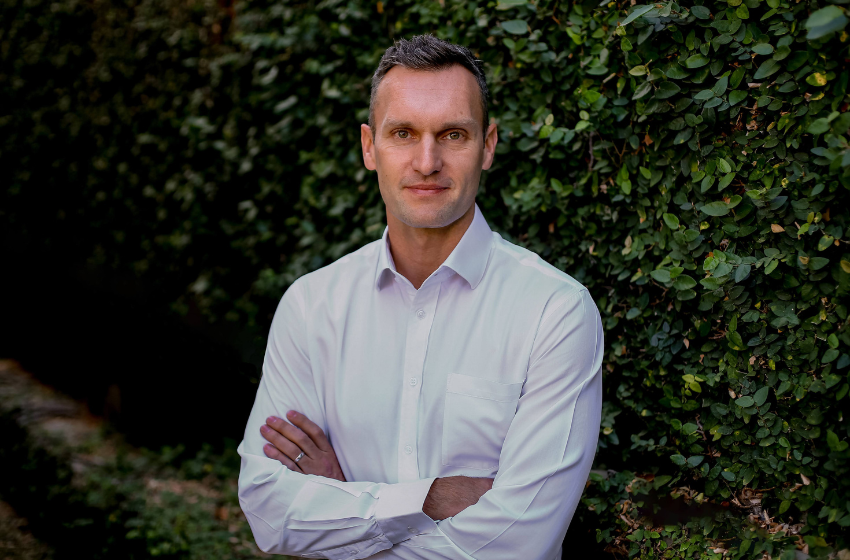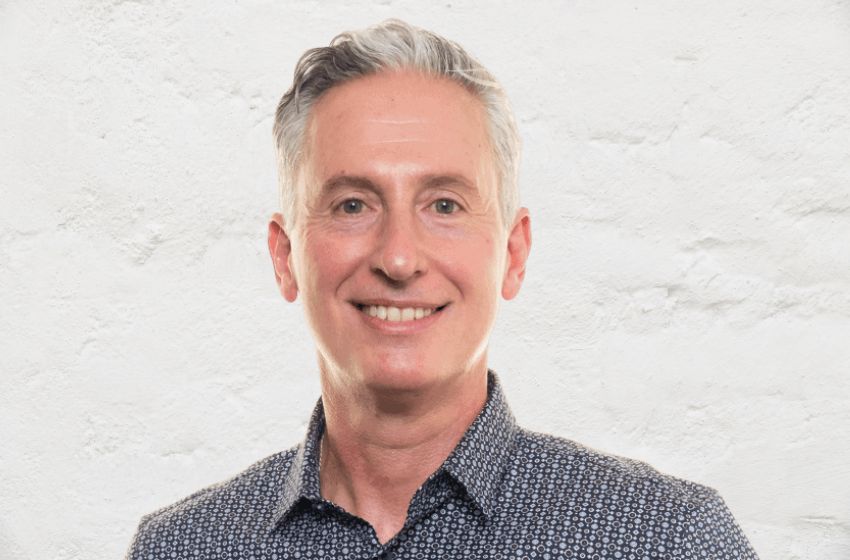
By Fifi Sali, Human Capital Executive at Vuma, a MAZIV company
Health and safety in the South African workplace has long been treated as a compliance exercise, and something to be checked off a list to satisfy a business’s adherence to the Occupational Health and Safety Act. But today, as the nature of work and the world has evolved, there has been a noticeable move towards embedding health, safety and overall wellbeing into the very DNA of company culture.
At MAZIV, we recognised this shift and have taken steps to act with intention. Earlier this year, we piloted a programme that brings a licensed psychologist on-site once a week to the MAZIV (Vuma’s parent company) head office, while also offering online counselling sessions to the employees. We knew that many employees were silently carrying the emotional weight of both work and personal challenges and that access to professional support was either limited, stigmatised or simply not prioritised. By making mental health care visible, accessible and normalised within the workplace, we’re actively breaking down those barriers.
In just two months, over 20 employees booked confidential counselling sessions, and we’re seeing a reduction in stress-related absenteeism. We also provide access to a registered nurse visiting our various offices, which has helped resolve minor health concerns on the spot. Early feedback shows employees feel both supported and more productive, confirming that proactive, on-site care delivers real business impact.
There’s a growing awareness, rightfully, that employees aren’t just assets. They’re people with needs, vulnerabilities and lives beyond their job titles. When a business truly prioritises wellbeing, it shows up in everything, from how people feel at work to how they perform in their roles and beyond.
According to the latest Gallup report, 36% of the South African employees experience excessive daily stress, and more than 71% are either disengaged or actively disengaged at work – some of the alarming signs of burnout. This reality signals an urgent call for businesses to evolve beyond the bare minimum, because companies that rise to this occasion are seeing the benefits, not only in retention and morale but also in productivity and reputation.

Putting people first, with purpose
Forward-thinking organisations are now investing in comprehensive health and wellness programmes that go beyond physical safety. This includes mental health support, access to counselling, regular wellness days and flexible work policies that reduce burnout. Many companies are also conducting regular ergonomics assessments to reduce the risk of chronic conditions among employees who typically spend all or most of their days seated at desks in front of screens. Many are also offering resilience training to help employees better cope with stress.
Wellbeing is no longer just about physical health – it spans mental, emotional, social and even financial aspects of an employee’s life. When all these areas are considered, workplaces not only become more supportive but also more productive and psychologically safe.
Embedding wellbeing into leadership philosophies is key. Leaders should be trained to pick up on signs of distress, and to respond with empathy, not judgement, which is a big shift from the old school ‘just get on with it’ mentality.
There is also a real competitive advantage from a business perspective in taking care of your people, of course, since creating a workplace that people enjoy coming to every day, where they want to stay, grow and give their best is a great talent retention strategy.

What the future holds
The growing integration of safety and wellbeing into company culture reflects a broader societal shift. As employees increasingly demand human-centred workplaces, organisations are being called to respond with empathy, accountability and action. Health and safety will always have a regulatory foundation, but how businesses build on that base could determine their long-term success.
We’re no longer just protecting people from harm. That is the bare minimum. Today, we’re investing in their whole selves, so that they can thrive instead of simply surviving.
Share via:



